What is web traffic?
Web traffic refers to the people who are visiting your site. Each one of these people is a potential customer who could generate more sales for your business.
‘More is better’ doesn’t apply to web traffic. Rather, ‘organic is better’. Organic traffic refers to the people who come across your page that have real interest in your chosen niche, instead of arriving there through paid advertisement.
Important things to consider when analysing web traffic
Marketing managers often focus heavily on the physical aspect of generating sales by following common digital trends in their industry. Sustainable businesses effectively track their web traffic and make adjustments to the marketing strategies accordingly.
Website analytics refers to the tracking of your website’s traffic and helps business owners understand their consumer base. You will benefit from familiarising yourself with the kind of people who are interested in your business.
Understand your consumers
This will help you adopt a range of marketing and operational strategies to best suit your customers. Business managers will often work with data analysts to gain a better understanding of their consumer base.
Identify your demographic
Identify your most profitable customer demographics . Analysing your web traffic and pinpointing the most popular pages can help you develop strategies that reflect your customer’s interests across different demographics.
Analyse your geographic outreach
The location where your web traffic originates is important. Knowing where your business is successfully converting lets your marketing managers focus their efforts.
Key metrics to focus on when analysing your web traffic
Each page on your website will have different levels of traffic.. This enables businesses to analyse where they need work at a digital level.
Google Analytics is a common and accessible tool for businesses to analyse their web traffic. It provides clearly presented data on key metrics for business success and growth.
Disaggregated metrics can help measure your business’s success and understand traffic links to certain areas within the business.
Click-through rate
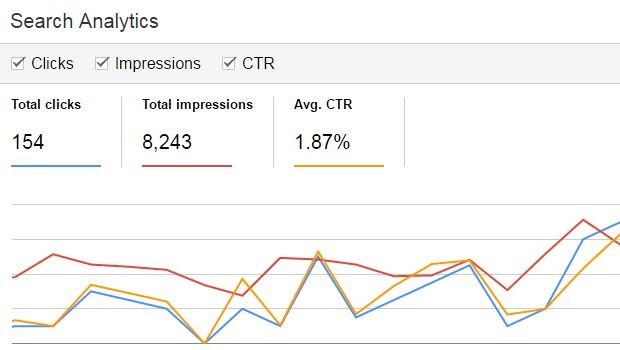 Click-through rate is a KPI which measures the efficiency of your ads in generating website traffic on your site. Analysing the success of a business’s CTR usually has a positive correlation with overall web traffic.
Click-through rate is a KPI which measures the efficiency of your ads in generating website traffic on your site. Analysing the success of a business’s CTR usually has a positive correlation with overall web traffic.
Traffic sources
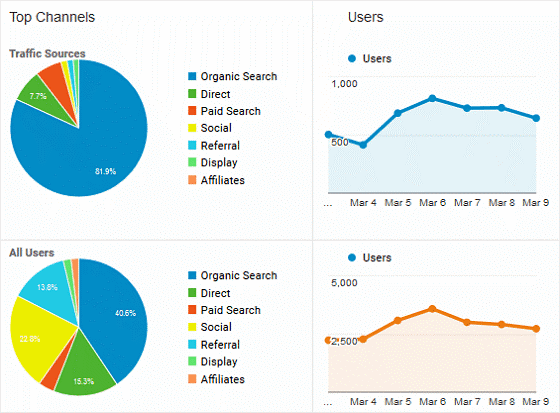 The traffic source is where your traffic is being generated. This could be organic searches, social media ads or paid searches.
The traffic source is where your traffic is being generated. This could be organic searches, social media ads or paid searches.
Traffic source is a basic yet important metric because it shows how many visitors came to your website from individual sources. Careful evaluation of these individual sources of traffic can help you understand which of your channels are performing and which are struggling.
Common Components of traffic sources include:
Organic Traffic: Traffic achieved through search engine results.
Direct Traffic: Achieved through typing your URL in or by your page being bookmarked/ saved.
Referral Traffic: Traffic commonly gained from backlinks.
Bounce rate
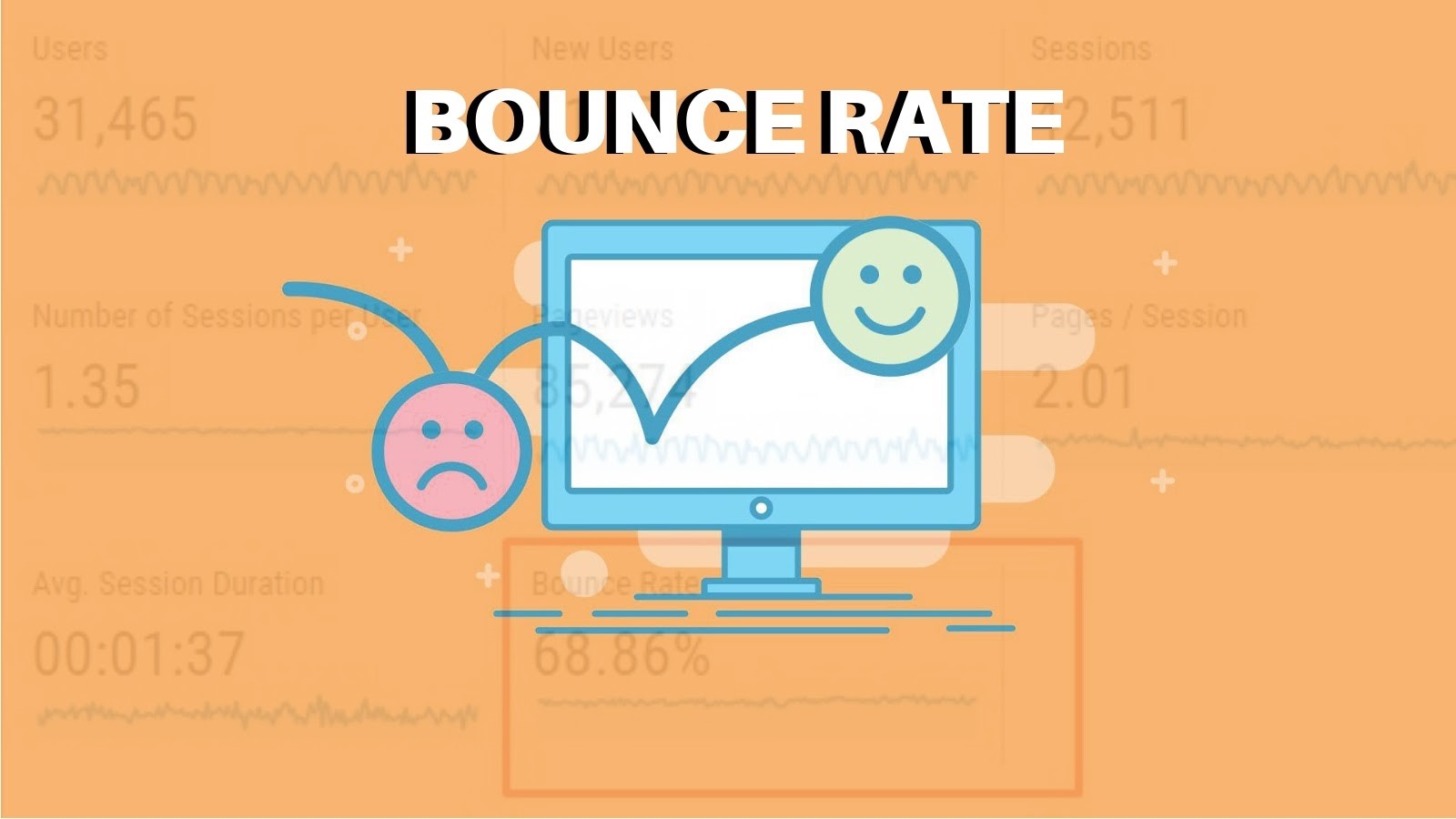 Have you ever clicked on a website and not found what you were looking for? Your bounce rate effectively measures the number of people that leave your site from your landing page.
Have you ever clicked on a website and not found what you were looking for? Your bounce rate effectively measures the number of people that leave your site from your landing page.
The less time someone spends on your site the less likely they are to become a customer. A high bounce rate % can often indicate flaws in your brand’s appearance and your website’s inability to capture and engage visitors.
Bounce rates can also show you how or why someone chose to click on your ad or backlink, allowing you to evaluate and reach reasoning why certain styled ads or pages are causing a higher bounce rate. Perhaps your visitors aren’t finding what they expected when they clicked through to your site?
Time spent on site
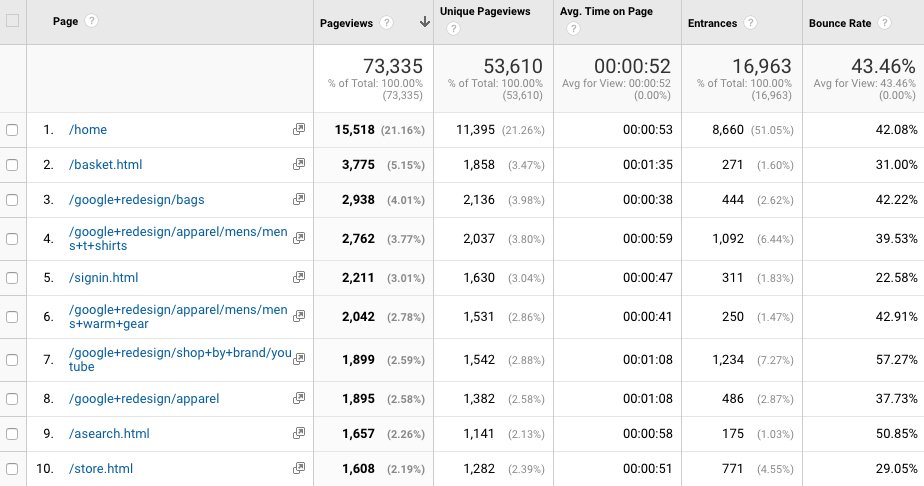
Looking into the average time spent on your site can help you measure how effectively you as a business are maintaining your visitor’s attention and help you understand certain areas which might need tweaking.
Conversion Rate
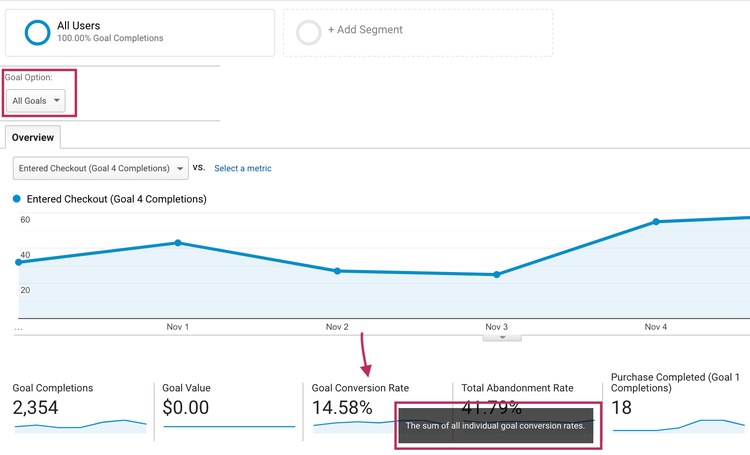 Your conversion rate is arguably the most looked at metric of the bunch as it can easily determine the overall efficiency of a business. After all, converting visitors into customers is the goal.
Your conversion rate is arguably the most looked at metric of the bunch as it can easily determine the overall efficiency of a business. After all, converting visitors into customers is the goal.
If your conversion rate is high but your traffic rate is low, this indicates that your website is running well but your advertising efforts might be lacking.
A simple equation to measure sales or the amount of traffic that needed to achieve a certain level of sales is:
Website Traffic * Conversion = Sales
& / Or
Sales / Website Traffic = Conversion Rate
Whether you are a well-established business or are just starting up, analysing and tracking your online web traffic through these metrics can allow you to effectively identify and implement strategies in response to relevant data that your site is showing.
“The opinions expressed by BizWitty Contributors are their own, not those of BizCover and should not be relied upon in place of appropriate professional advice. Please read our full disclaimer."







